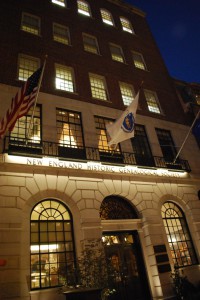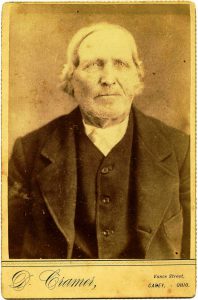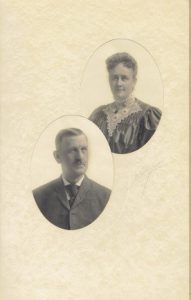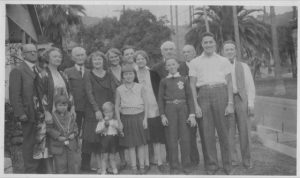
When I compiled the Early New England Families Study Project sketch on Joseph Phippen a couple of years ago, I briefly mentioned that the identification of the maiden name of his wife Dorothy/Dorcas/Darcus as “Wood” depended on an “incomplete Phippen pedigree chart attributed to Joseph, which [Clarence Almon] Torrey noted was doubted; see description of the Chart [by Robert Charles Anderson in his sketch on David Phippen] in GM2, V:455-56 [who did not incorporate information from the chart, deeming it too far removed from the early generations]).” Not having the opportunity to see the chart in question, myself, I followed Bob Anderson’s caution and did not include any maiden name for Joseph’s wife. Continue reading The Phippen chart








